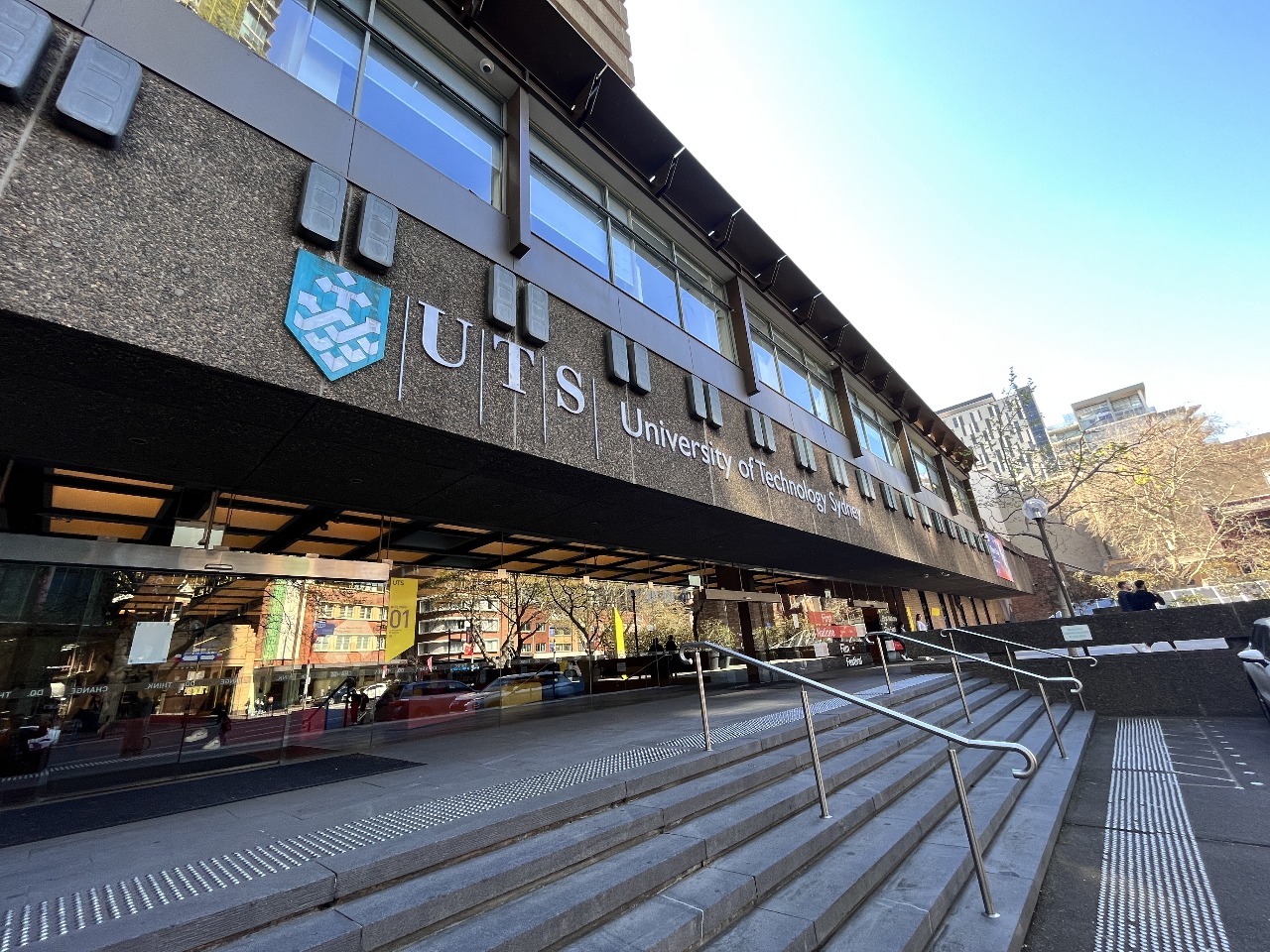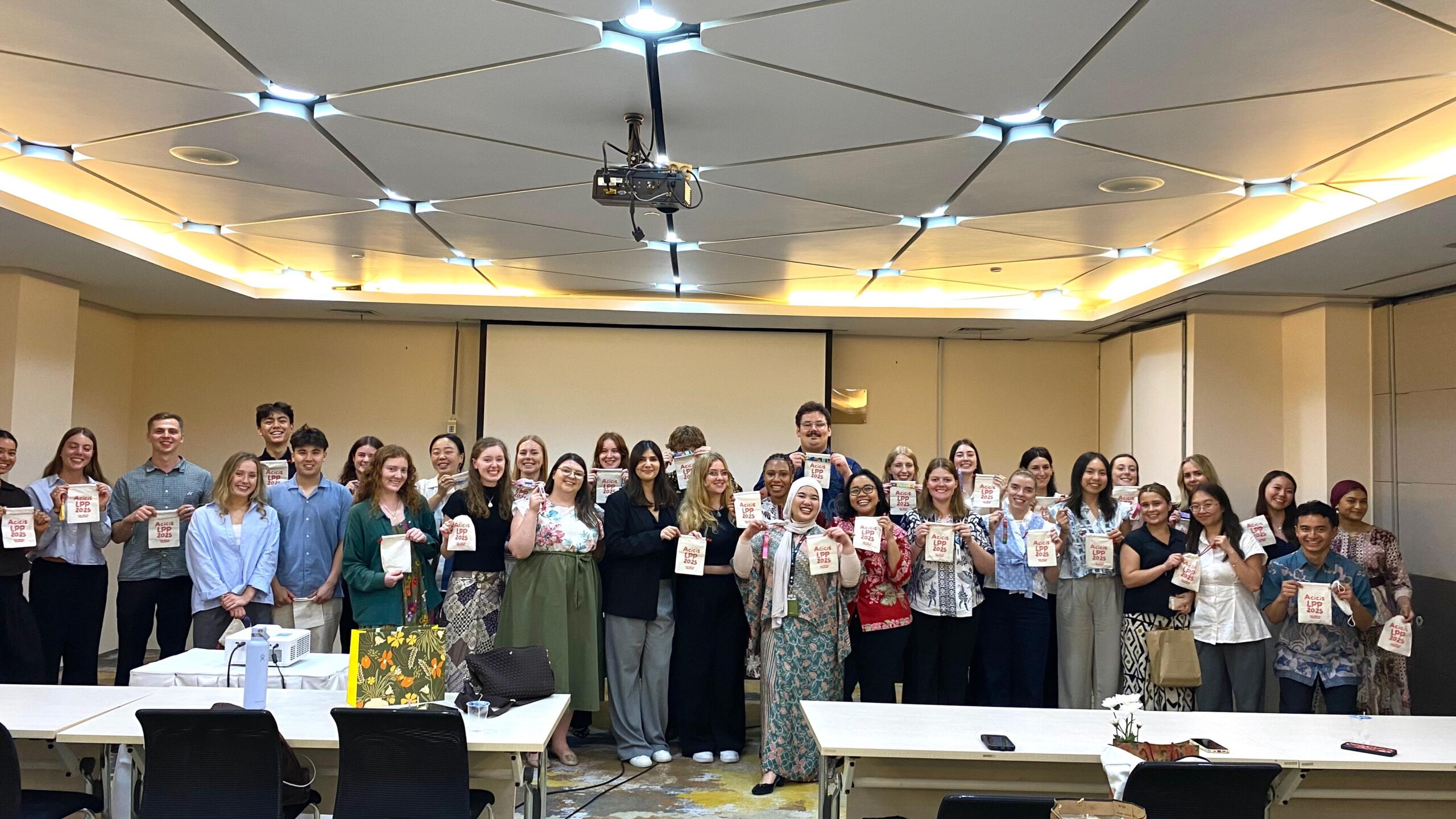PERTH – Monday, August 18, 2025. Acicis today expressed alarm at the University of Technology Sydney’s (UTS) decision to suspend new enrolments in its 30-year-old Bachelor of International Studies degree, one of the few remaining programs in Australia with a built-in semester or year abroad in the Indo-Pacific.
The announcement comes just days after the Australian Government unveiled major changes to the New Colombo Plan (NCP), including the creation of a new Semester Program and expanded scholarships designed to significantly increase the number of Australian undergraduates undertaking semester- and year-long study in Asia.
“UTS’ Bachelor of International Studies has been punching well above the national average for decades, sending 50–70 students per year for year-long study in Asia,” said Acicis Director Liam Prince. “In a national context where the average Australian university manages only 20 students per year on semester-length Indo-Pacific programs, UTS’ contribution has been vital. To pause this program at precisely the moment when the government is trying to scale up long-duration study in Asia sends entirely the wrong signal.”
At the pre-pandemic peak in 2019, Australia sent just 1,800 undergraduates to the Indo-Pacific for a semester or longer – averaging 40 students per Australian university. By 2023, this had halved to 840 reported students nationally, or just 20 students per university. “UTS and ANU have stood out as national leaders, with curriculum-embedded programs that gave students a clear path into Asia. The risk now is that one of these pillars of Australia’s Indo-Pacific capability will be dismantled at the very moment the New Colombo Plan is finally beginning to deliver the policy signals and stronger financial incentives required to encourage more of these programs, not fewer,” Mr Prince said.
Under the new 2026 NCP guidelines, Australian universities sending the 2019 national average of 40 students for semester study abroad in the Indo-Pacific will be eligible for up to $120,000 annually in targeted program support funding.
Mr Prince added that the deeper problem remains one of incentives. “The Australian Government has not yet created or sent a revenue signal to vice-chancellors and faculty deans—either via the New Colombo Plan or through broader higher education funding policy—of the kind and quantum required to make university leadership prioritise embedding long-duration study in the Indo-Pacific within degree structures. Put bluntly, why would any Australian university currently without a pathway to a semester in the Indo-Pacific create one for the sake of 40 students a year?” Mr Prince asked.
“While the NCP reforms are a welcome step, they remain dwarfed by the broader structural funding environment facing Australian universities. In effect, the NCP represents a kind of guerilla incursion by DFAT into the policy remit of the Commonwealth Department of Education,” Mr Prince said. “For as long as the driving of Australia’s Asian literacy and regional engagement strategy is not properly supported through the Australian Government’s education policy, there is only so much the NCP can achieve.’’
“Since 2017, the Commonwealth Department of Education has kept universities boxed within a largely fixed $7 to $8 billion Commonwealth Grant Scheme (CGS) funding envelope, with institutional funding caps for domestic enrolments that have driven widespread course rationalisations,” he said. “DFAT’s relatively modest intervention through the New Colombo Plan doesn’t stand a chance of overcoming the enormous countervailing forces of sector-wide course rationalisation. Unless and until the Australian Government lifts its financial contribution towards the higher education of the nation’s 800,000 undergraduate students beyond the CGS’ existing $8.4 billion funding envelope, niche but nationally vital programs like UTS’ International Studies degree will keep disappearing.”
“DFAT’s newly rearticulated desire to see greater numbers of Australian students studying in the region for longer periods will not be met if programs like UTS’ International Studies program are being cut. We should be establishing more courses and degree programs with curriculum embedded pathways to a semester in the Indo-Pacific, not disestablishing one of the few remaining pathways we have,” Mr Prince concluded.
Acicis (the Australian Consortium for ‘In-Country’ Indonesian Studies) is a national, not-for-profit consortium of Australian universities. Since 1995, it has facilitated in-country study and internships in Indonesia for more than 5,000 Australian students. Acicis also coordinates national policy and advocacy efforts to strengthen Asian language education, including the Pledge for Asian Languages in Australian Schools (https://www.acicis.edu.au/blog/the-pledge-for-asian-languages-in-australian-schools/).
Liam Prince
Consortium Director, Acicis
📧 l.prince@acicis.edu.au
📞 +61 8 6488 6689



